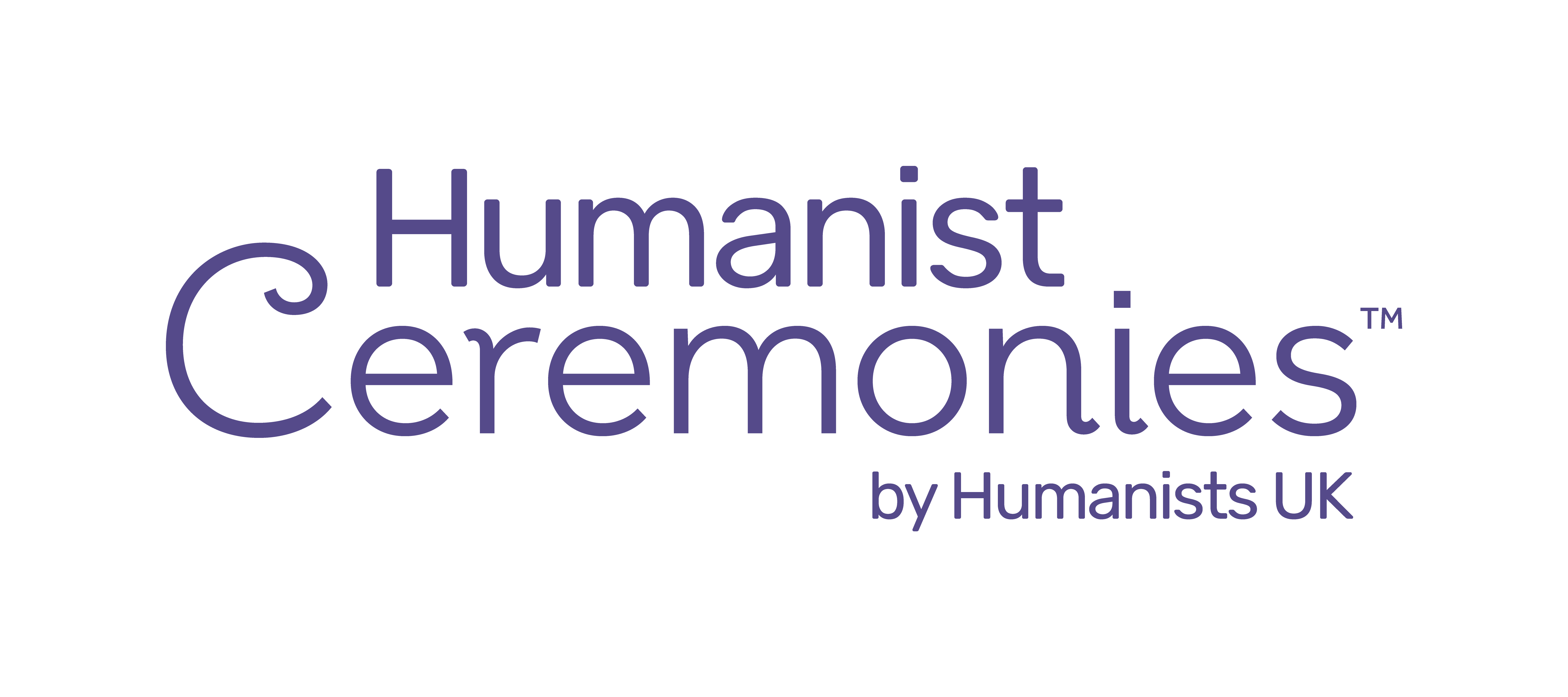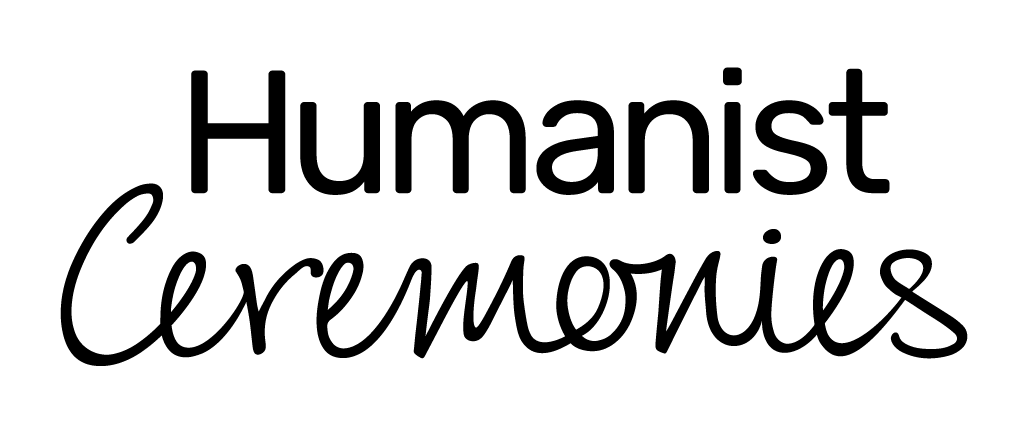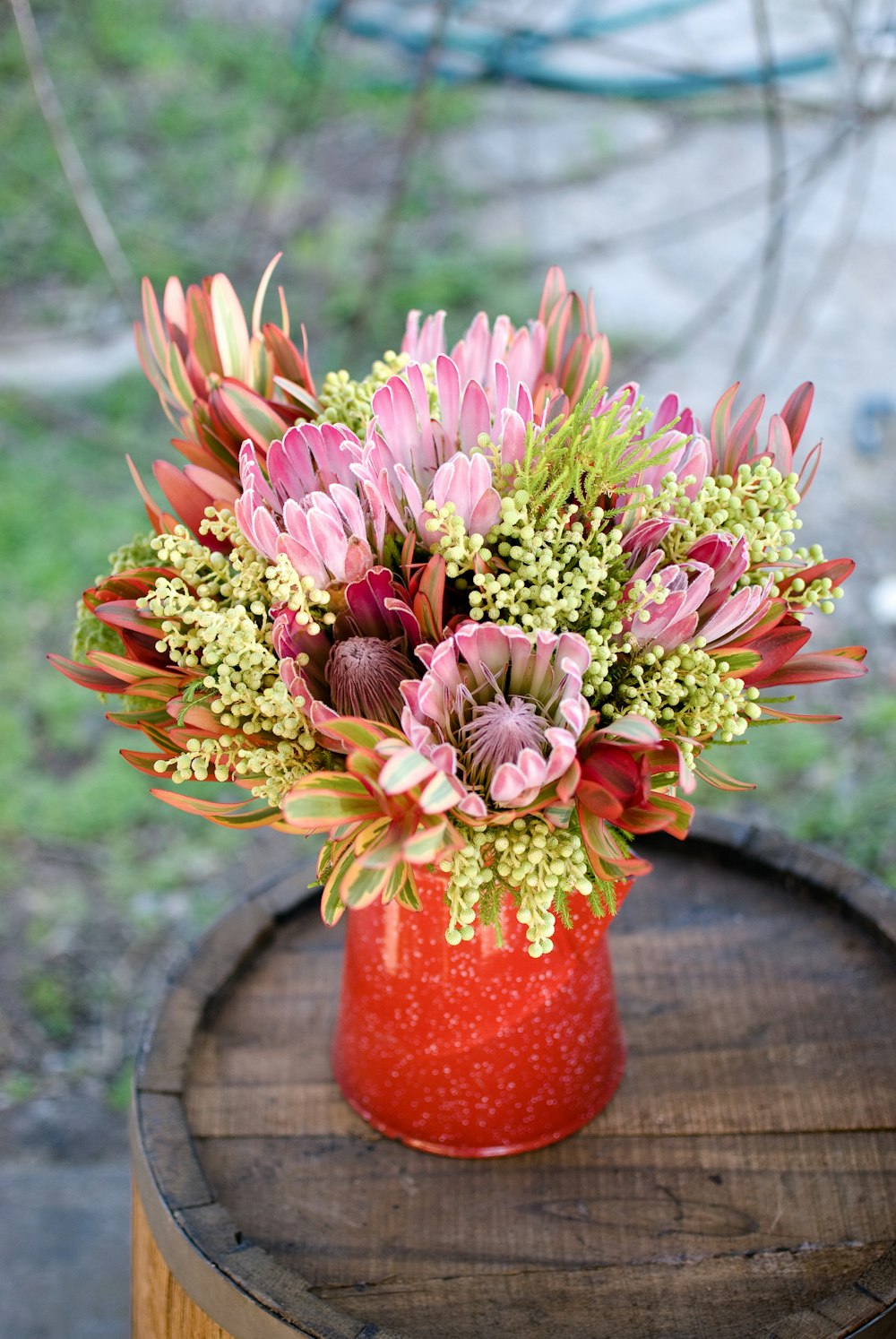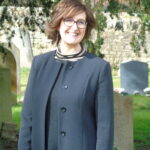Funerals & Memorials
Everyone’s reaction to losing a loved one is personal as we are all different.

Funerals are an important way of coming to terms with a death.
Sometimes, for those without religious or spiritual beliefs, a funeral can lack meaning, respect or ritual. This has certainly been my personal experience of loss and it was the reason I decided to become a funeral celebrant.
I now feel privileged to help people create meaningful end-of-life ceremonies.
Beautiful, poignant, joyful, or simple – whatever your interpretation, I create non-religious ceremonies, at cremations, burials and memorials that are both supportive and personal.
The process of creating a funeral starts with a family visit. My approach is to start with a blank page. There is no fixed structure or order of ceremony and I make no assumptions. First, we talk, usually over a cup of tea, at your home or online.

We talk about the person who’s died. We talk about the family and friends.
We talk about what might be appropriate and what might be possible.
If you have plans, I’ll help you bring them to fruition. If you don’t, and many people don’t, together we’ll collaborate to create something personal and meaningful.
As I begin to get a feel for the person who’s died, I get an idea of what sort of ceremony we might create. We build it together to reflect their life – the ups and downs and your memories or feelings of them.
I can suggest the structure, music, readings and poetry if necessary, but usually people tend to have an instinct for what is right for them.
Although I do not lead acts of worship, I will include religious or spiritual hymns, readings or poems if you feel these are significant or important.
Often, soon after the visit, the family make decisions on who will read, what will be said and what music might suit. With this information I draft a ceremony and the family check and amend it.
I also liaise with the funeral director and any other interested parties.
On the day of the funeral I arrive at the crematorium or burial ground before everyone to check everything is in order, minimizing pressure on you. I check the venue is presented appropriately, the funeral assistant is briefed and the correct music is arranged.
I meet the family, give the readers their scripts (printed large and on card for easy reading) and I’m there to keep things calm and deal with any last minute issues.
When the funeral director arrives I introduce them to the family (if they haven’t previously met) and check that all instructions are clear.
I conduct the ceremony, supporting those who speak, if necessary. After the funeral, I give you a presentation version of the funeral script.
I charge £275 (which, is usually paid through the Funeral Director as part of the funeral costs). I’m always willing to negotiate my price for low income households. Children’s funerals are free.





